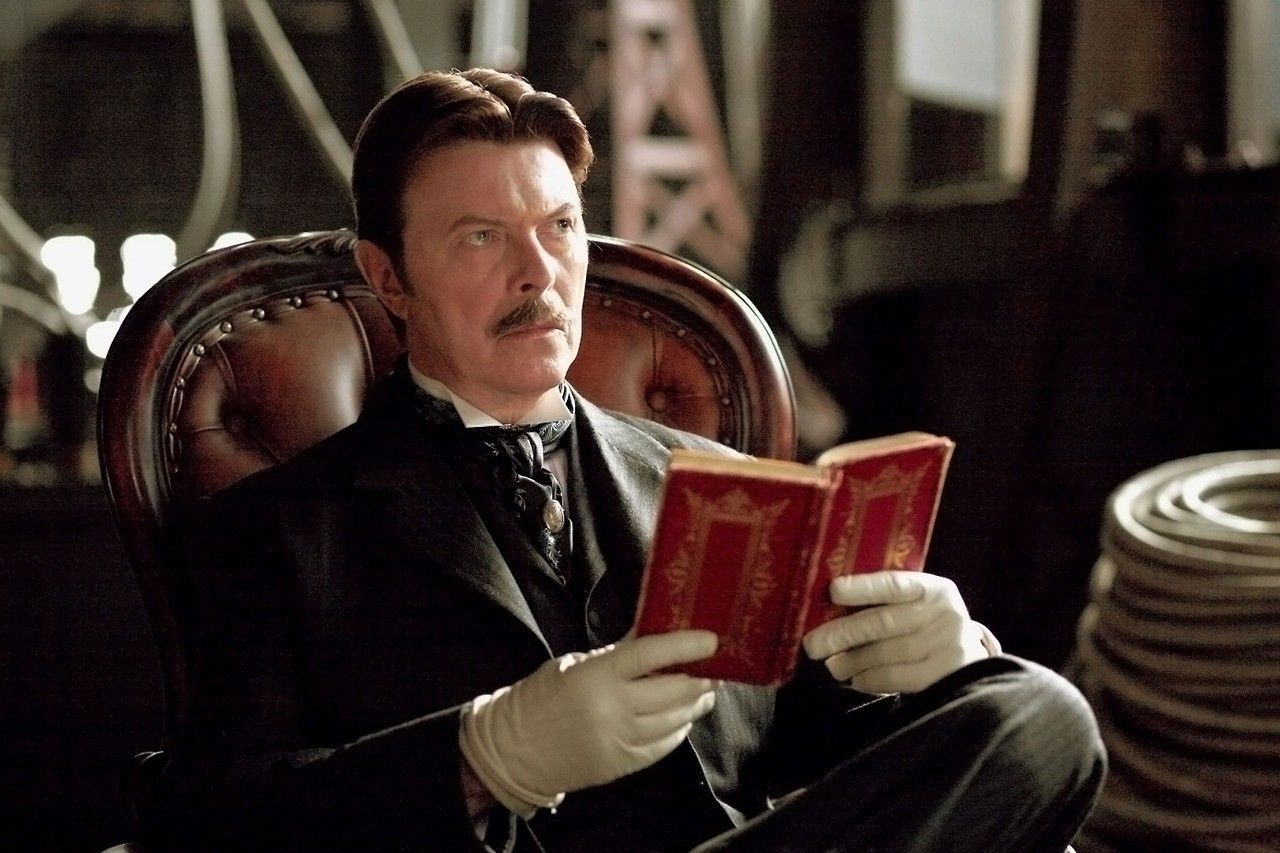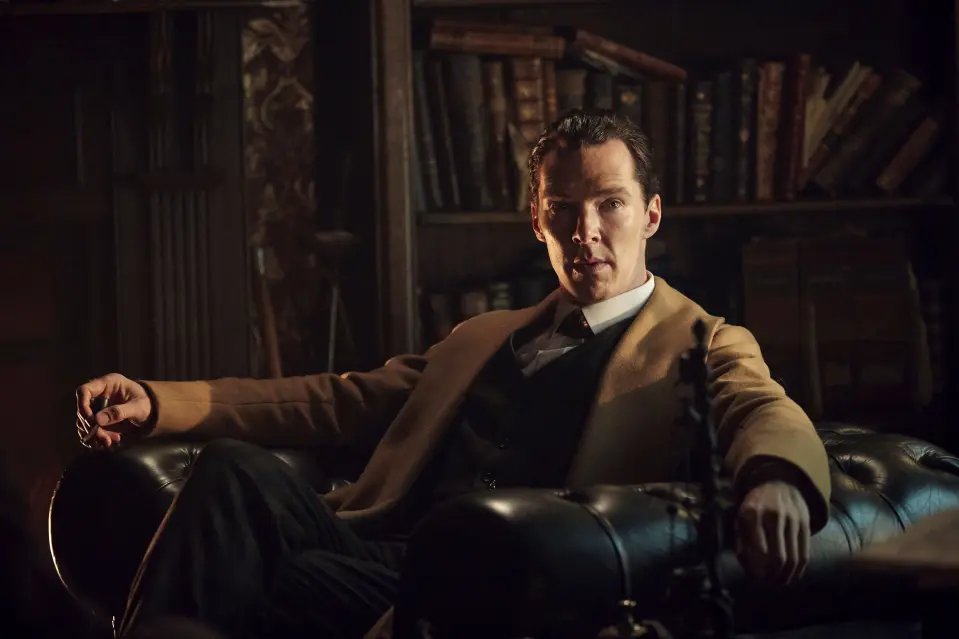Let's start with a statement. Nikola Tesla wasn't God. Yeah, I wrote it. He wasn't that pure boy that was destroyed by evil Thomas Alva Edison. He was brilliant and he is deserving of praise, but also we need to remember that a lot of information about him and his inventions are myths (but in fact, his work was invaluable for other inventors).
Tesla is often pictured as a man thrilled with pure invention and passion. Someone who loves what he is doing. Today we can describe such a person as a geek who "forget food, sleep, friends, love everything". Someone who is ready to "abandon the world around them". In contrast to him, Edison is a "douchebag", in part for his statement "Anything that won't sell, I don't want to invent. Its sale is proof of utility, and utility is a success.". Like in the infamous comic strip by The Oatmeal.
That romantic vision with villain versus hero it's great for pop culture because every narration needs someone evil, but what was the truth?
The man, the myth, the legend
The truth is that Tesla portrayed himself as an eccentric outsider. He wants to be perceived as someone who refused to play by the rules and who would single-handedly transform the future. That was a part of his own campaign in media. That’s a powerful image. Historian, Iwan Rhys Morus, in his book "Nikola Tesla and the Electrical Future" writes about the reactions of journalists who have the opportunity to talk with that "secret and brilliant inventor". They were thrilled to have this opportunity because Tesla "manipulate" with the demand of his attention.

So now we can debunk the first of the big myths about Tesla. His involvement in famous "Current War". Some time ago I was watching the movie "The Current War" by Alfonso Gomez-Rejon. It's not a great picture but has a decent cast with Benedict Cumberbatch as Thomas Alva Edison, Michael Shannon as George Westinghouse, and Nicolas Hoult as Nikola Tesla. Problem is that this and many others movies with Nikola Tesla suggest that Tesla was a significant figure during most of the clash between Edison and Westinghouse.
In fact, "War" was pretty much over before Tesla became a significant figure. Decisively in favor of George Westinghouse and alternating current by the beginning of the 1890s, just as Tesla was becoming a celebrity in the wake of a series of spectacular lectures in New York, London, and Paris. His biggest contribution to that feud was the polyphase motor, which he invented near the beginning of his career and sold to Westinghouse in 1888. That invention was revolutionary.
Tesla Didn't Invent Alternating Current
We can go to another myth. Alternating current was developed in principle by Michael Faraday and in practice by Hippolyte Pixii in the early 19th century. Before Tesla was born alternating current was already deployed in the medical world.
But if we want to stick to the statement that Tesla is the Father of the Electric Age, then Edison is the Father of the Electronic Age. Why? Mostly because AC is great for transporting electricity on long distances, DC (Direct Current) is better for electronic devices. That's why devices convert AC to DC. Westinghouse knows that (or suspect that like Tesla).
Edison Didn't Prevent Tesla From Inventing Radar
If you have a villain then you need to show that he is evil, who is destroying our hero. It's true that Tesla pitched the idea of using radio waves to track targets in a way that anticipates radar just before World War I. The problem was that he pitched that for the underwater target.
That's why Edison didn't prevent Tesla from inventing radar because Tesla only pitched an idea, but never developed a prototype. Yes, his research was important for future inventions but in times when he was pitching an idea, it was just theory. Also, he wasn't the first who suggest that solution.

X-Rays
This is one of the common mistakes. We are thinking that Tesla invents X-Rays. He was one of the first researchers that played with them. But it wasn't until Wilhelm Röntgen who knows with what he was dealing with. For example, Ivan Pulyui's work pre-dated Tesla's, but he didn't realize he was working with X-Rays.
Many people like to think that Edison, who also played with X-Rays, was responsible for the tragic death of his assistant Clarence Dally. Dally died from X-Rays, but we must remember that no one didn't really understand how radiation worked and how dangerous they truly were.
Edison was devasted by Dally's death, but from the perspective of many, it's really convenient to say that he was an egoistic egomaniac who experimented on his friends. The X-Ray in all doctor offices still uses Edison's basic design. We need to remember that Tesla refused to experiment with X-Rays medically. Edison did do that research. And he paid price for that.

Tesla didn't invent the induction coil
Tesla did create his own device based in part on the principles of induction, his famous Tesla coil, and induction motor; but in fact, there wasn't originally his idea. The truth here is that induction is the work of the great mind of Michael Faraday. And as for the induction coil itself, this was the work of the very talented Mr. Nicholas Callan in 1836.
That's why both Faraday's and Callan's work predate Tesla's birth by several decades.

He didn't invent the radio
Another "great" myth. Yes, that's true that independently of Guglielmo Marconi, Tesla did develop a device that enabled wireless communication in 1896 which he patented in 1897. This discovery would eventually win Marconi the Nobel Prize. Tesla's own patents were later revoked by the U.S. Patent office which sparked a legal battle between the two until well into the 1940s.
But we need to remember that both of their work was predated by a Russian physicist, Alexander Popov. He successfully demonstrated a working radio receiver a year before Marconi and Tesla, in 1895.
Edison was also a geek who respect Tesla
Paul Israel, one of Edison biographers write this:
There is an unbelieveable amount of misinformation and misunderstanding out there, especially by those who are sort of Tesla advocates. And part of the problem is that even if you provide them with evidence to the contrary, if it doesn't agree with what they already know, what they know is right and everything else is wrong.
Marc Seifer, who wrote "Wizard: The Life and Times of Nikola Tesla":
I think it's unfair to portray Edison as simply Tesla's enemy and that they didn't like each other. There was a mutual respect.
What is even funnier is that Tesla was really impressed by Edison. Let's hear what he was talking about him:
I was amazed at this wonderful man who, without early advantages and scientific training, had accomplished so much. I had studied a dozen languages, delved in literature and art, and had spent my best years in libraries... and felt that most of my life had been squandered.
I'm pointing this out because many Tesla mythologists say that Edison didn't pay Nikola for his work. To be more precise. Everything is connected with that Edison offered Tesla the modern equivalent of $1 million to improve on his direct-current system when Tesla was working for Edison. Tesla finished the task, but Edison never paid up.
The encounter didn't actually happen. In fact, when one of Tesla's labs burned down in 1895, Edison offered Tesla workspace in New Jersey. This is what every evil character will do.
End of everything
I like to think that Tesla wasn't an ignored god-hero. That's why from my perspective Thomas Edison wasn't the devil. They were both brilliant, strong-willed men who helped build our modern world. Also, they both did great, brilliant things, also awful things. They were both brilliantly right about some things and just as brilliantly wrong about others. They had foibles, quirks, passions, misunderstandings, and moments of wonder. They both were humans. The imperfect geniuses.

